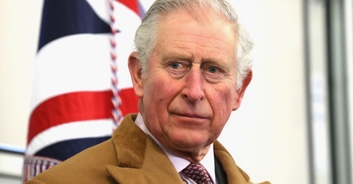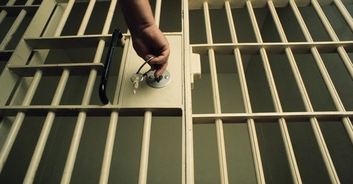Once upon a time (okay, I mean two years ago) a video game was released on mobile platforms that everyone in the world went crazy for: Pokémon Go. Yes, back in the summer of 2016, it seemed like everyone on the planet downloaded the app and began wandering aimlessly around, bumping into streetlights and stumbling into traffic, all in an ill-advised attempt to capture non-existent Pokémon.
Although its user base is a fraction of what it once was, it’s still pretty popular, and there are plenty of people who enjoy it, and the format of the game inspired countless weird and wonderful (and sometimes dreadful) imitators. But now a truly bizarre example has emerged: the Vatican has released its own strange version of Pokémon Go - in which players are supposed to follow Jesus to capture saints to add to their so-called ‘evangelisation team.’
Other gameplay features in "JC Go" include special objects for people to collect to increase their stats, and players will also have of the nutrition levels, hydration levels and 'prayer count' of their avatar. These stats can be improved by eating, drinking and sleeping in-game, and the prayer count can be increased by saying prayers for the sick in hospitals, giving money to the poor, and going into churches whenever they come across one. It's basically a simulation of how to be a good Christian, with the hope that it will train players to lead a more Christ-like life.
The game was developed by evangelical group Fundación Ramón Pané for World Youth Day, cost around $500,000, and took two years to create. Commenting on the project, Ricardo Grzona, executive director of the Foundation Ramon Pane, stated: "Never has the Church had a project like this. This is the Catholic app with the most advanced technology there is. Everything today, language and relations, among young people, go through smartphones. We wanted to be there and propose to them an educational video game, that is religious and interactive, and with which they can form evangelization teams."
Meanwhile, Cardinal Oscar Maradiaga, president of the Foundation Ramon Pane, stated: "We speak a lot about young people and technology, a more modern language. What young people want is to be active in taking the Gospel also to technology and have fun, learn and be evangelized through these channels."
The game is currently only available in Spanish, but apparently, Pope Francis himself is quite a fan of the game, despite the fact that he's reportedly not much of a technophile (he hasn't even watched TV in over a decade). It's hoped that the game will be educational, teaching youngsters all about the gospels, but will also serve to convert others, but as for how effective this measure it; that remains to be seen. You could argue that the papacy is two year to late with this venture, but you never know; maybe it'll take off big-time?












